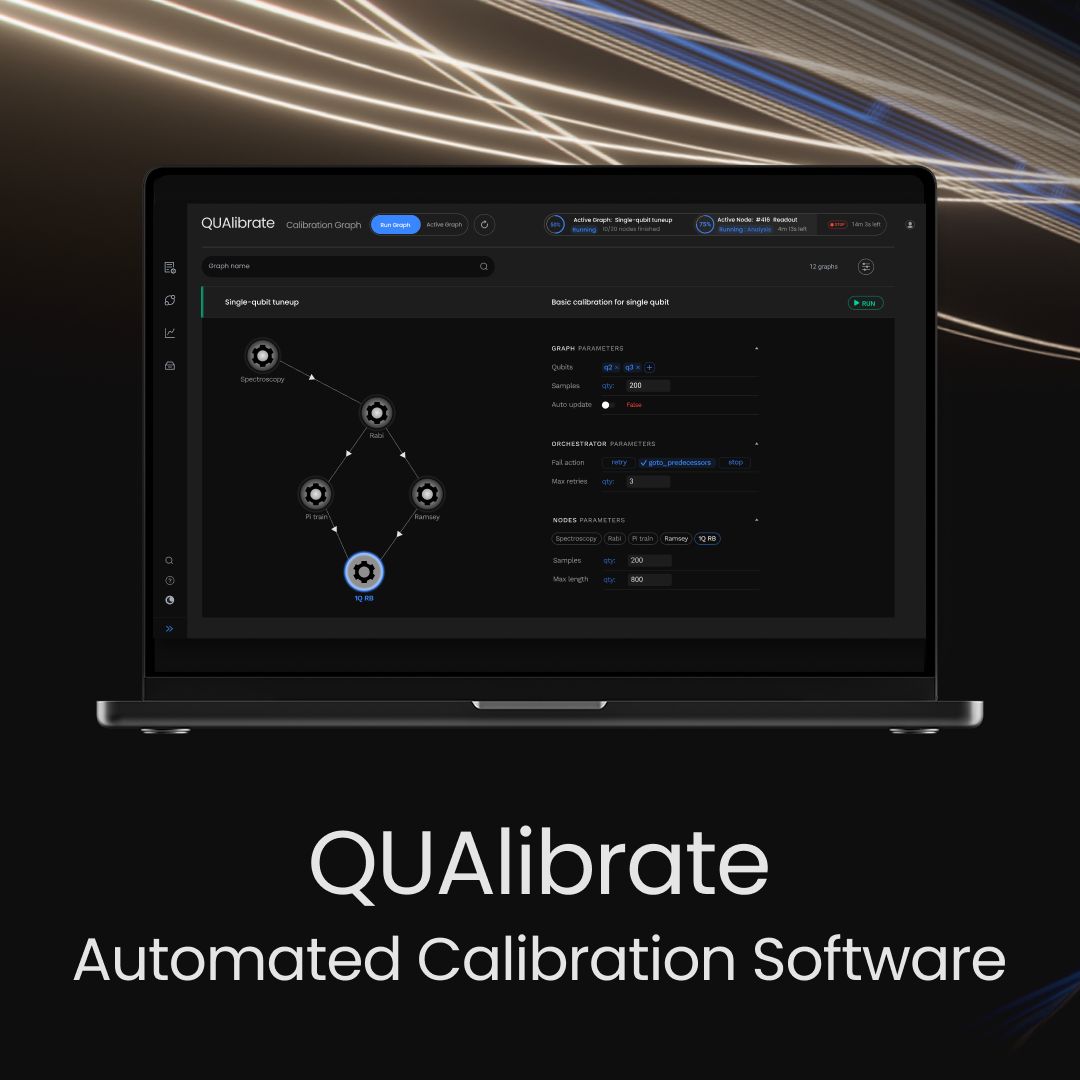
Quantum Machines has launched QUAlibrate, an open-source calibration framework aimed at significantly reducing the time required to calibrate quantum computers. Calibration is a major bottleneck in quantum system performance and scalability, often requiring hours or even days for larger systems. QUAlibrate enables the creation, execution, and sharing of modular calibration protocols, allowing researchers to calibrate multi-qubit superconducting systems in under 10 minutes. At the Israeli Quantum Computing Center, QUAlibrate achieved full multi-qubit calibration in just 140 seconds.
QUAlibrate is built on the QUA programming language and leverages the Quantum Abstract Machine (QUAM) to model quantum hardware for flexible calibration workflows. The system includes a graph-based calibration approach where each node represents a calibration step—such as Rabi or spectroscopy experiments—allowing users to construct parallelized, customizable calibration routines. Its web-based interface supports live execution, data visualization, and traversal optimization. An initial calibration graph for superconducting qubits is included, with support for NVIDIA DGX Quantum integration under development.
The tool is already in use by companies and institutions including Oxford Quantum Circuits, Qolab, Quantum Elements, Academia Sinica, and Diraq. Beyond open-source contributions, companies can extend QUAlibrate for proprietary use cases including machine learning-based calibration optimization. The software is released under a BSD-3 license and is available for immediate use.
Read the official announcement on Quantum Machines’ website here and access the QUAlibrate GitHub repository here.
May 19, 2025